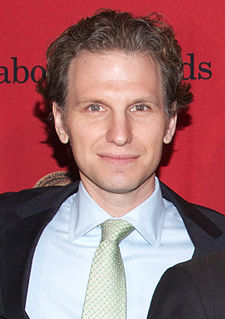A Quote by Jose Gonzalez
I speak Swedish, it's my first language. Of course, growing up with Latin American parents from Argentina, I also have some other influences from other cultures. But Sweden is where I feel the most at home.
Related Quotes
I was born in the United States, I'm proud to be an American, I'm an American first. But obviously, I'm a Chinese-American. And growing up, my family, my parents, and I think rightly so didn't put us in Chinatown, didn't put us with our other ethnic group, but put us in mainstream America. They're thinking was that will help us assimilate into the mainstream and be a part of it. And it did. It certainly gave me tolerance of other people, of other races, of other ethnicities and I think that's helped make me a better person.
My whole life, when I was growing up, not one race has ever accepted me, ... So I never felt connected or attached to any race specifically. I had a very American upbringing, I feel American, and I don't speak Spanish. So, to say that I'm a Latin actress, OK, but it's not fitting; it would be insincere.
I work in Hebrew. Hebrew is deeply inspired by other languages. Not now, for the last three thousand years, Hebrew has been penetrated and fertilized by ancient Semitic languages - by Aramaic, by Greek, by Latin, by Arabic, by Yiddish, by Latino, by German, by Russian, by English, I could go on and on. It's very much like English. The English language took in many many fertilizations, many many genes, from other languages, from foreign languages - Latin, French, Nordic languages, German, Scandinavian languages. Every language has influences and is an influence.
I spent ten years in London; I trained there. But because I started in English, it kind of feels the most natural to me, to act in English, which is a strange thing. My language is Spanish; I grew up in Argentina. I speak to my family in Spanish, but if you were to ask me what language I connect with, it'd be English in some weird way.
In my teen years and early twenties I was really interested in this fellaheen worlds that, of course, Kerouac invokes and wanting to go below the border and wanting to get to these other places or interstices of the culture where you were encountering the realities of these other kinds of cultures, experiences, language, I think of jazz culture of course.



































